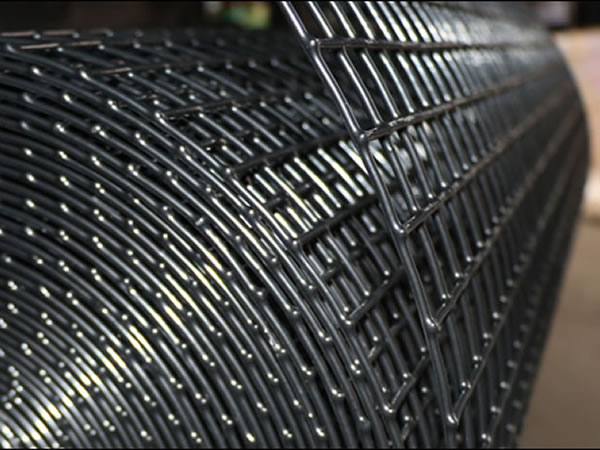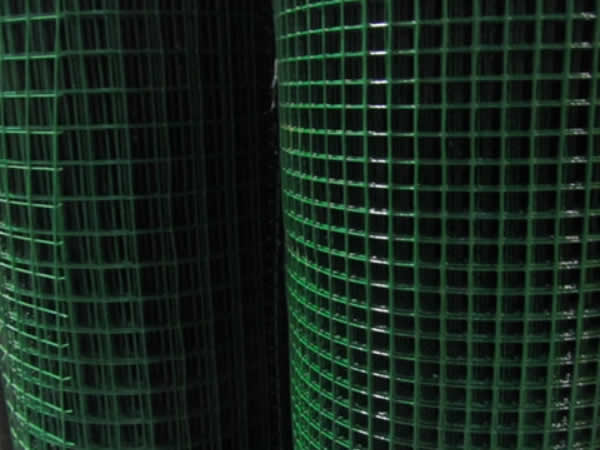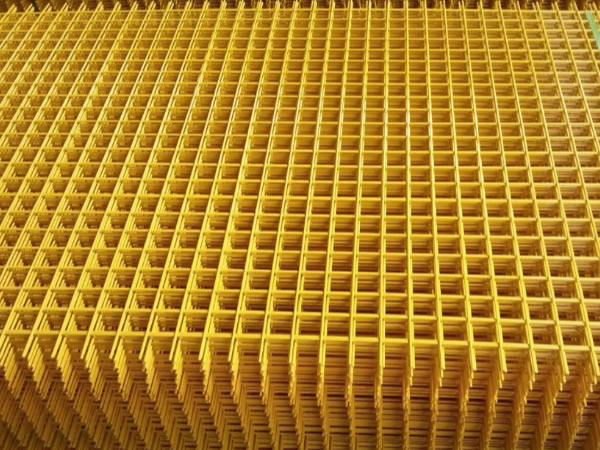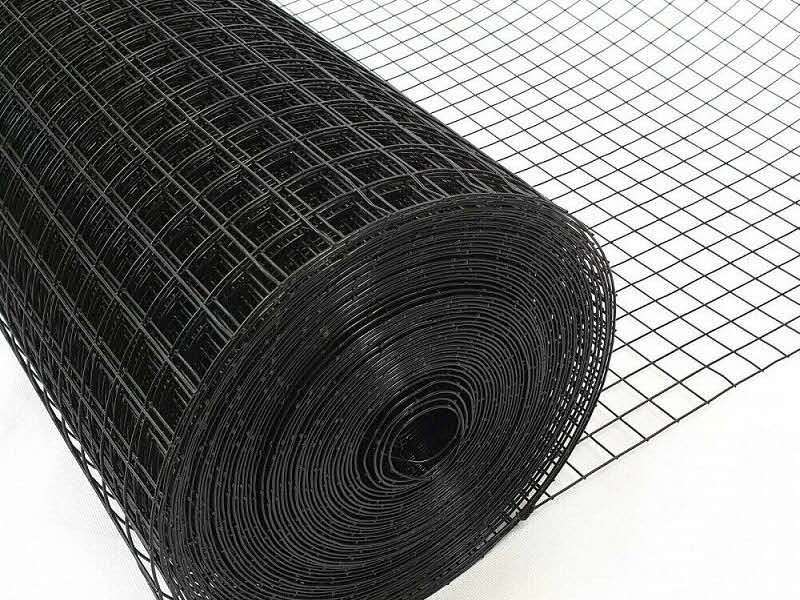Vinyl coated welded wire mesh combines the strength of a metal wire core with a protective vinyl coating, offering enhanced durability and corrosion resistance. This mesh is widely utilized in various applications from fencing and enclosures to decorative uses.



Material
The core of vinyl coated welded wire mesh typically consists of steel wire that is either galvanized before or after welding. The choice between galvanized before welding (GBW) and galvanized after welding (GAW) impacts the mesh’s durability and application suitability.
Mesh Opening Sizes
The mesh openings are a critical aspect of the mesh’s design and functionality. Common sizes include:
- 1/2 inch x 1/2 inch (12.7 mm x 12.7 mm): Ideal for small enclosures or fine separation tasks.
- 1 inch x 1 inch (25.4 mm x 25.4 mm): A versatile size used commonly in fencing for residential properties, schools, and public areas.
- 2 inches x 2 inches (50.8 mm x 50.8 mm): Suitable for larger enclosures, such as those needed for bigger animals or more secure boundary fences.
Wire Diameter
- 10-1/2 Gauge: The thickest gauge available, perfect for the highest security applications including military and airport fencing.
- 11 Gauge and 11-1/2 Gauge: Thicker wires for enhanced security in industrial areas and facilities requiring robust protection.
- 12-1/2 Gauge: Used for heavy-duty purposes such as large animal enclosures and high-security barriers.
- 14 Gauge: Offers increased durability for security fencing and playgrounds, capable of withstanding greater impacts.
- 16 Gauge: Commonly used for commercial fencing and larger animal enclosures, offering good durability.
- 19 Gauge: Suitable for residential fencing and garden protection, providing a balance of flexibility and strength.
- 23 Gauge: Ideal for delicate applications like small animal cages and fine decorative fences.
Vinyl Coating
After the core wire mesh has been galvanized, it is coated with a layer of vinyl (polyvinyl chloride or PVC). This vinyl coating is typically applied through a fluidized bed process or extrusion coating, ensuring a uniform and durable layer. Vinyl coated welded wire mesh is classified into two types based on the coating thickness and intended use:
- Class A Vinyl Coating
Usage: Ideal for concrete reinforcement in environments that demand high corrosion resistance.
Thickness: The coating thickness after fusing ranges from 7 to 17 mils (175 to 425 micrometers). Any coating thinner than 5 mils (125 micrometers) is considered inadequate and is grounds for rejection. - Class B Vinyl Coating
Usage: Used for earth reinforcement, such as in mechanically stabilized embankments where stronger protection is needed.
Thickness: This coating has a minimum thickness of 18 mils (450 micrometers) post-fusing. Coatings less than 16 mils (400 micrometers) do not meet the standard and are rejected.
Color
Vinyl coated welded wire mesh is available in a variety of colors, with black, green, and white being the most common.
Features
- Adhesion and Flexibility: The vinyl coating adheres tightly to the wire, maintaining its integrity when bent or cut, ensuring flexibility without cracking.
- Hardness and Abrasion Resistance: The mesh is hard and resistant to physical damage, making it durable against wear and tear.
- Temperature and UV Resistance: Suitable for various climates, the mesh withstands extreme temperatures and resists UV degradation, prolonging its lifespan in outdoor settings.
- Corrosion, Rust, and Chemical Resistance: The vinyl layer protects against rust, corrosion, and chemicals, ideal for harsh environments.
- Electrical and Chloride Permeability Resistance: It offers electrical insulation and resists chloride infiltration, enhancing its use in specialized settings.
- Durability: The coating and robust wire structure make the mesh long-lasting and maintain structural integrity even when cut into pieces.

